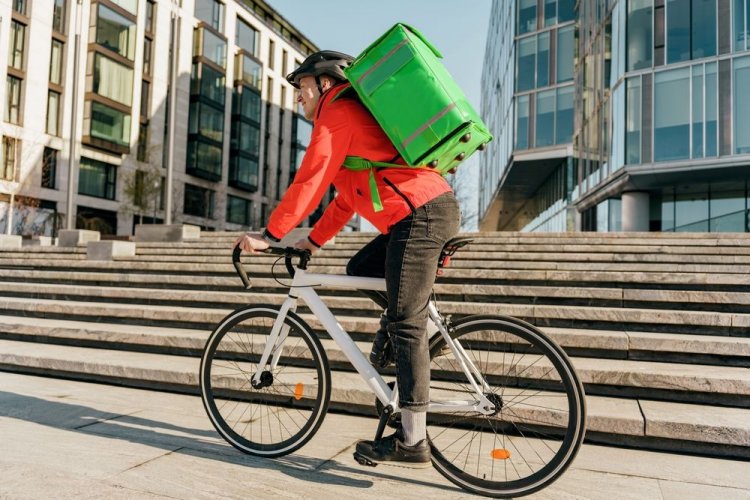The world's leading food delivery platforms, such as Delivery Hero, DoorDash, iFood, Mr. D, Swiggy, Uber, Wolt, and Zomato, have joined forces to create the Deliver-E coalition to accelerate the transition to zero-emission delivery.
This was reported by the press service of the United Nations Environment Program (UNEP).
The Deliver-E coalition's charter provides for the transition to electric vehicles, electric scooters, bicycles, and other forms of transportation without harmful emissions. Participating companies have agreed to share their experience, develop practical solutions to overcome electrification barriers, and report regularly on progress.
According to researchers, the transition to zero-emission vehicles has the potential to change urban logistics. According to the research, the transition from gasoline scooters to electric bicycles will make it possible to:
- Reduce greenhouse gas emissions by approximately 90%.
- Lower delivery costs by a quarter.
- Decrease noise pollution levels in cities.
Experts added that transport is the second-largest source of global emissions after energy. According to a UNEP report, without decisive action, food delivery companies alone may account for up to half of all urban transport emissions by 2030.
Consumers also shape trends, as more than 70% of buyers prefer environmentally friendly delivery options. This provides additional motivation for companies to switch to clean solutions.
At the initial stage, the coalition's work will focus on:
- electrifying two- and three-wheeled vehicles;
- creating a shared database and evidence base for solutions;
- assessing technologies and exchanging best practices;
- developing a practical action plan;
- preparing regular progress reports.
What is Deliver-E
Deliver-E is an international alliance of leading food and grocery delivery platforms that aims to accelerate the transition to zero-emission delivery. The initiative focuses on the rapid electrification of transport, the development of charging infrastructure, the introduction of digital solutions for fleet management, and the improvement of urban logistics sustainability.
As EcoPolitic previously wrote, hybrid cars emit only 19% less CO2 than gasoline and diesel cars, but according to laboratory studies, hybrids are believed to pollute the environment by 75% less.
In particular, we recommend reading that on October 10, the European Commission published the final terms of its first pan-European auction for the decarbonization of process heat with a budget of €1 billion.





